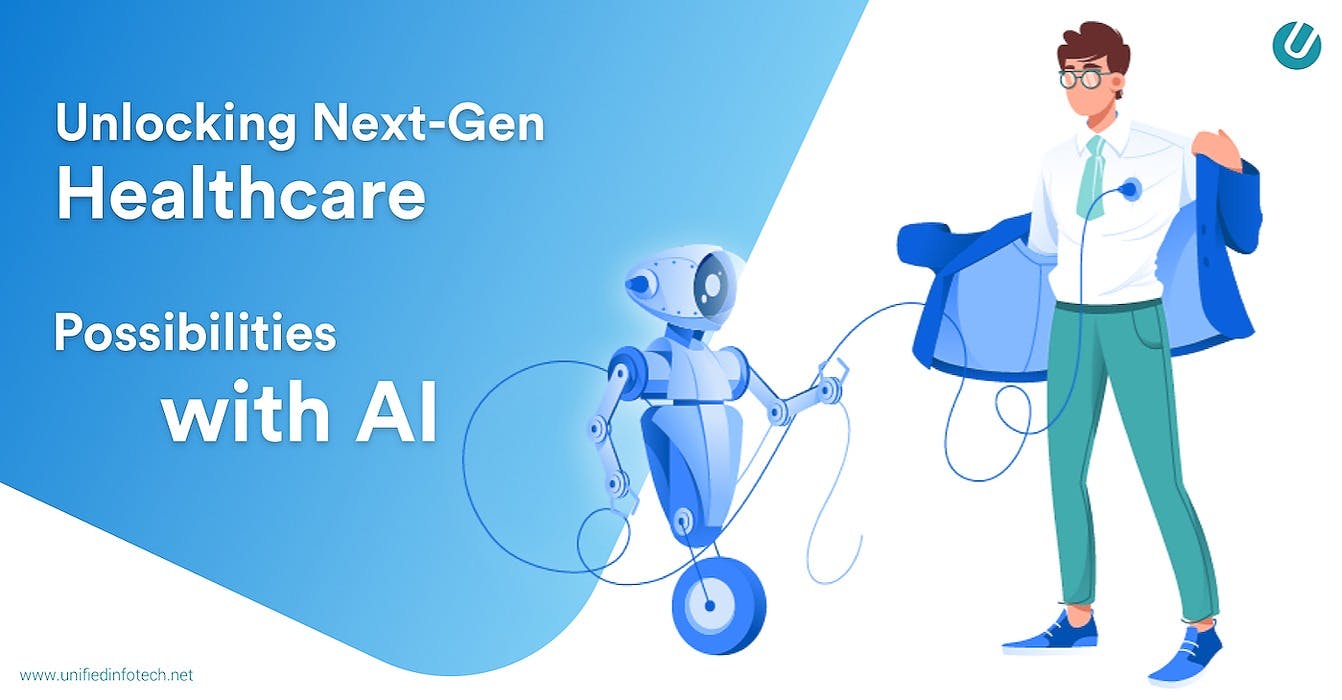348 reads
Unlocking Next-Gen Healthcare Possibilities with AI
by
October 25th, 2019

I’m Eleanor Bailey, an avid writer. Currently, I am a part of Unified Infotech, a tech firm based out of NYC.
About Author
I’m Eleanor Bailey, an avid writer. Currently, I am a part of Unified Infotech, a tech firm based out of NYC.
